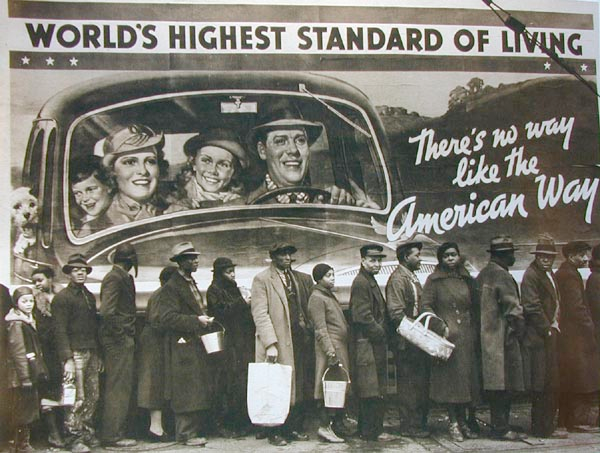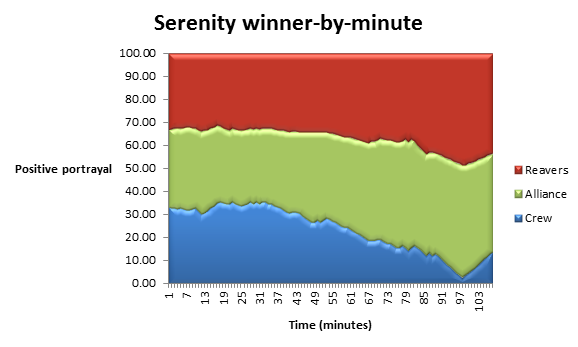The Secret to Amazon’s Success
April 6, 2012 in Daily Bulletin

Pascal-Emmanuel Gobry notes that the secret behind Amazon’s success is for its founder, Jeff Bezos, to indulge his inner child. Some of his most successful efforts sound like the dreams of an 11 year old, including:
- A bookstore that can beam any book you want into your hand.
- An invisible computer that anybody can access and that is capable of imitating human intelligence.
- (Soon) A Robot Army
To read more examples about the child-like nature of Bezos most successful ideas, and how Amazon plans to become the Wal-Mart of the 21st century click here.
Source: Business Insider
Via: Marginal Revolution










Join the Discussion! (No Signup Required)